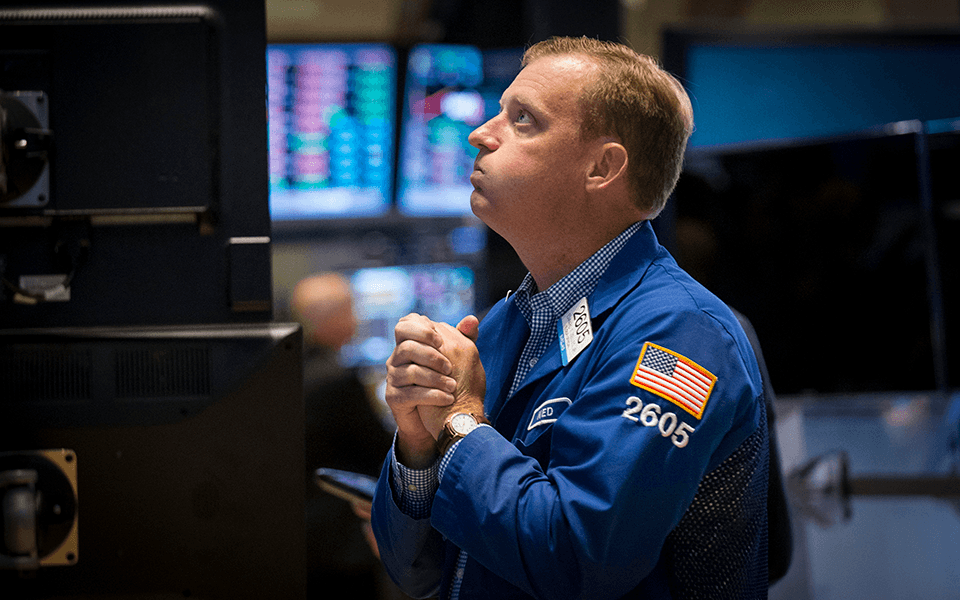Oil prices rise in all markets

Oil prices rose on Monday after Ukraine stepped up attacks on Russian energy facilities, fueling concerns that Russian oil supplies could be disrupted – suggesting that Moscow's position in international crude oil markets is more significant than international rhetoric suggests.
With expectations of a U.S. interest rate cut, which could eventually boost global growth and fuel demand, the market found the perfect signal for a price rise. Brent crude futures rose 13 cents, or 0.19%, to $67.86, and West Texas Intermediate (WTI) crude futures gained 15 cents, or 0.24%, to $63.81.
Ukraine launched a drone attack against Russia last Sunday, forcing a sharp drop in reactor capacity at one of Russia's largest nuclear units and causing a major fire at the Ust-Luga fuel export terminal, Russian officials said, citing international media. Additionally, a fire at Russia's Novoshakhtinsk refinery, also caused by a Ukrainian drone attack, was raging for the fourth consecutive day. The refinery sells fuel primarily for export and has an annual capacity of five million metric tons of oil, or about 100,000 barrels per day.
"Given Ukraine's success in targeting Russian oil infrastructure, the risks for crude oil are shifting to the upside," IG market analyst Tony Sycamore said, as quoted by Reuters.
US Vice President J.D. Vance said on Sunday that Russia made "significant concessions" toward a negotiated settlement of the war with Ukraine. "They've acknowledged that they won't be able to install a puppet regime in Kyiv. And, more importantly, they've acknowledged that there will be some security guarantee for the territorial integrity of Ukraine," Vance said on an NBC program, suggesting that the White House would prefer these surgical strikes on energy facilities be suspended—with Kyiv taking the exact opposite view: the Russians must be hit where they "hurt the most."
However, US President Donald Trump also renewed threats on Friday that he would impose sanctions on Russia if there was no progress towards a peaceful settlement in Ukraine within two weeks.
With the Federal Reserve (Fed) signaling the possibility of a rate cut in September, which tends to improve risk appetite, markets are convinced that Trump's tariffs would be more damaging to economic growth, which currently controls oil prices, said Priyanka Sachdeva, market analyst at brokerage Phillip Nova, also quoted by Reuters. Risk appetite improved after Fed Chairman Jerome Powell signaled on Friday a possible interest rate cut at the U.S. central bank's meeting next month.
jornaleconomico





